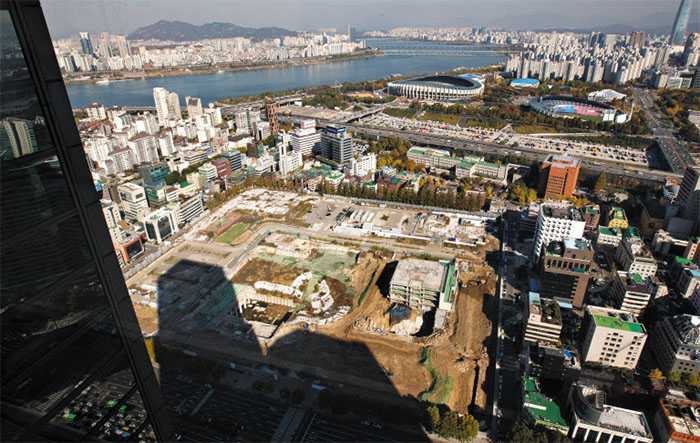S&P Downgrades Hyundai's Credit Rating
03 November, 2018

Hyundai Motor suffered its first credit-rating downgrades in two decades.
Standard & Poor's lowered its ratings of Hyundai and affiliate Kia from A- to BBB+ on Wednesday, while Moody's the following day downgraded their rating outlooks from stable to negative. The last time S&P downgraded its credit rating of Hyundai was in 1998 at the height of the Asian financial crisis.
Hyundai's car sales in the domestic market rose slightly in October, but it has been faltering in overseas markets mainly due to poor sales in the U.S. and China.
Operating rates at Hyundai's factories last month fell to 56 percent in China and 80 percent in the U.S. The automaker invested W3 trillion in China and W1.2 trillion in the U.S. to build factories, but they apparently remain idle (US$1=W1,133).
S&P said Hyundai's deteriorating profitability is "unlikely to notably reverse over the next 12-24 months."
After falling to B during the Asian financial crisis, Hyundai's credit rating rose to A- in 2015 and remained there until recently. Its BBB+ rating is the same as Volkswagen's, while Ford and GM's ratings are even lower at BBB-. The Korean automaker's outlook seems bleak, however, as it could be subject to further downgrades.
Hyundai's crisis stemmed from an expansion of production facilities without making substantial growth, only to see global market conditions worsen. Hyundai's factories in the U.S. and China account for 30 percent of its overseas sales.
In a bid to remain among the world's top five automakers, Hyundai and Kia boosted global output capacity to 9.04 million vehicles per year. But sales fell to 7.25 million vehicles last year after peaking at 8.12 million in 2015. Hyundai and Kia have eight factories in China with capacity to produce 2.54 million vehicles, but they sold only 1.14 million cars last year.
To make things worse, Chinese automakers have begun to release cheaper automobiles that rival Korean cars in terms of quality and technology. That has sent Hyundai's rank in China tumbling from fifth in 2016 to ninth this year.
Operating rates at Hyundai's U.S. factories fell from 100 percent in 2016 to 80 percent in the second half of this year. The Korean automaker failed to market large SUVs and other multi-purpose leisure vehicles in the U.S., while Japanese automakers have benefited from a weak yen.
Lee Hang-koo at the Korea Institute for Industrial Economics and Trade said, "Hyundai will be able to stage a rebound if it works on future car technologies like self-driving cars or futuristic vehicles, while diversifying its lineup."
Hyundai to Cut Truck Output by 30%
Hyundai Suffers Huge Drop in Profits
Car Industry Jobs Dwindle
Tough Times for Korean Automakers
Copyright © Chosunilbo & Chosun.com
TAG(s):
